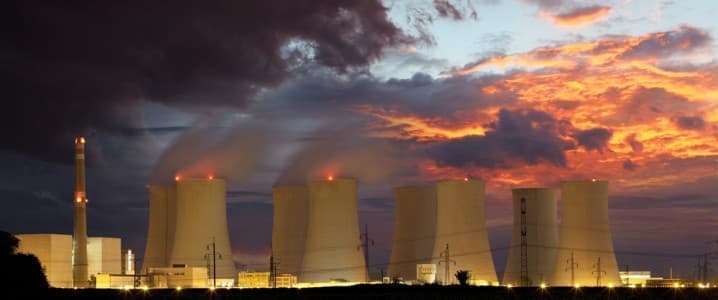The Kashiwazaki-Kariwa nuclear power plant in Japan, the world’s largest in terms of nameplate capacity, could soon clear a major hurdle toward a partial restart as the governor of the prefecture hosting the plant is expected to give consent to startup, Japanese media reported on Wednesday.
Hideyo Hanazumi, the governor of the Niigata Prefecture, is set to announce on Friday an approval to the restart of two units of the 8-gigawatt (GW) nuclear power plant, Japan’s Kyodo news agency reports.
The governor’s approval is not enough for the plant operator, Tokyo Electric Power Company (TEPCO), to restart two reactors—the startup needs the approval of the Niigata Prefecture assembly, too. A session of the assembly is set to discuss TEPCO’s proposal in early December.
TEPCO, which also operated the nuclear power plant in Fukushima prior to the 2011 disaster, has planned for years to restart the Kashiwazaki-Kariwa plant in the Niigata prefecture.
Last month, TEPCO said that it carried out a full round of integrity checks at Kashiwazaki-Kariwa after fuel loading of Unit 6 was completed, confirming that primary facilities can sufficiently perform the functions required for reactor startup.
But the company faces backlash over its restart plans and proposal to “contribute monetarily to vitalizing the regional economy.” Local residents and anti-nuclear activists in Japan oppose the restart and have slammed TEPCO’s proposal as a “bribery” of the local residents to accept the restart of the plant.
Opinion polls suggest that local residents are split on whether TEPCO should be allowed to restart the nuclear power plant.
Japan’s newly elected Prime Minister, Sanae Takaichi, favors accelerating the restart of nuclear reactors as a way to reduce the G7 economy’s dependence on energy imports.
Before the Fukushima meltdown in 2011, nuclear energy accounted for about 30% of Japan’s electricity mix. The disaster prompted the closure of all reactors for safety checks. Since 2015, Japan has restarted 14 reactors out of 33, while 11 others are currently in the process of restart approval.
By Tsvetana Paraskova for Oilprice.com
More Top Reads From Oilprice.com

